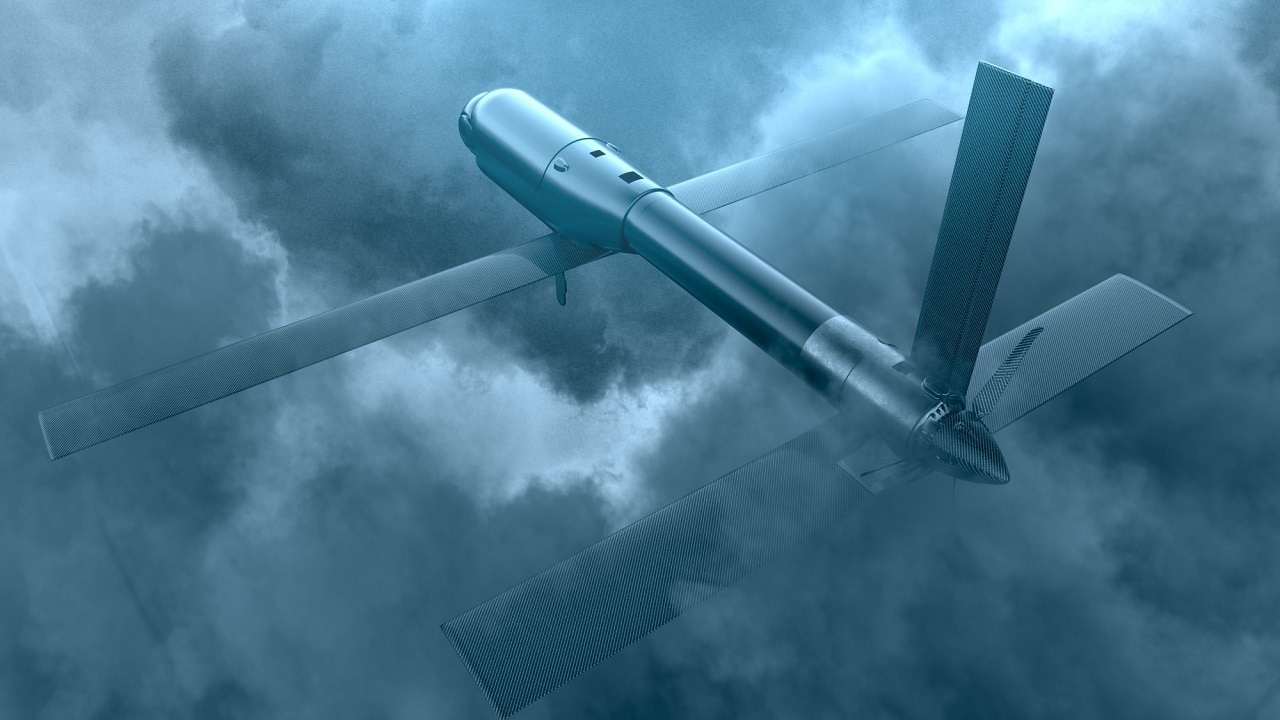Poll Shows Ukrainians Believe Russia Will Lose – A poll from the Ukrainian research institute Rating Group has shown that some 90% of Ukrainians believe that Russia’s invasion of Ukraine will not succeed and that Ukraine will win the war. The survey asked 1,000 Ukrainians their opinion of the war, and also discovered that 74% of citizens support Ukrainian President Volodymyr Zelenskyy engaging in direct discussions with Russia’s President Vladimir Putin.
Ukrainians Support NATO Membership, Zelenskyy Takes It Off the Table
Previous studies from the Rating group also indicated that most Ukrainians supported efforts to join the European Union and NATO, suggesting that many citizens may not be happy with Zelenskyy’s recent concession over NATO membership.
In February, only days before the Russian invasion of Ukraine began, a study showed that 62% of Ukrainians supported the country becoming a member of NATO, with just 30% opposing such a move. In the months leading up to the invasion, the percentage of Ukrainians who supported NATO membership gradually increased – rising from 55% at the end of 2021.
Also in February, Rating Group found that 55% of respondents believed that Ukraine should withdraw from the Minsk Agreements if Russia goes ahead and recognized Donetsk and Luhansk as independent states.
The Minsk Agreements are a series of agreements that were signed to end the conflict in Donbas, an eastern region of Ukraine. After the first agreement was signed on September 5, 2014, fighting in the region continues. On February 12, 2015, the Minsk II agreement was signed, which initiated a ceasefire in the region, the withdrawal of heavy weapons from the area, and the release of prisoners of war. It also resulted in Ukrainian constitutional reforms that granted greater powers to the regional governments of some regions of Donbas.
Can Ukraine Still Win This War Against Russia?
In recent days it has become increasingly clear that Russian forces are not making the advances they need to successfully take control of Kyiv – and many analysts argue that a victory for Ukrainian forces is the most likely outcome of the war.
Johns Hopkins University School of Advanced International Studies Professor Eliot A. Cohen wrote on March 21 that the evidence of Ukraine winning the war is “abundant,” and that it is clear in the publicly available data.
“The absence of Russian progress on the front lines is just half the picture, obscured though it is by maps showing big red blobs, which reflect not what the Russians control but the areas through which they have driven,” Cohen writes for The Atlantic.
Russia’s forces have been unable to destroy the Ukrainian air force, a 40-mile convoy of armored vehicles and tanks has been dispersed around Kiev for weeks, and some estimated put the number of dead Russian soldiers at 14,000.
One NATO official told NBC News, however, that the war was entering a stalemate.
“If we’re not in a stalemate, we are rapidly approaching one,” the NATO official said under condition of anonymity. “The reality is that neither side has a superiority over the other.”
Jack Buckby is a British author, counter-extremism researcher, and journalist based in New York. Reporting on the U.K., Europe, and the U.S., he works to analyze and understand left-wing and right-wing radicalization, and reports on Western governments’ approaches to the pressing issues of today. His books and research papers explore these themes and propose pragmatic solutions to our increasingly polarized society.

